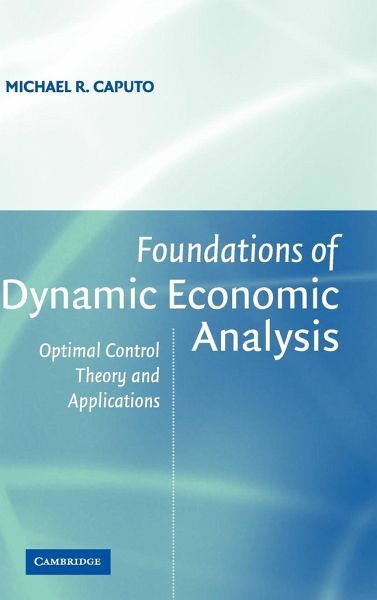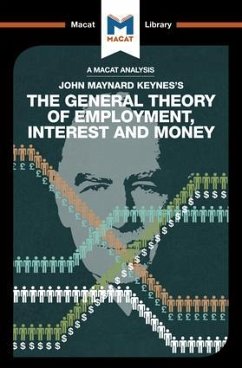
Foundations of Dynamic Economic Analysis
Versandkostenfrei!
Versandfertig in 1-2 Wochen
148,99 €
inkl. MwSt.
Weitere Ausgaben:

PAYBACK Punkte
74 °P sammeln!
Foundations of Dynamic Economic Analysis presents an introductory but thorough exposition of optimal control theory. It is aimed at first-year and second-year PhD students in economics, agricultural and resource economics, operations research, management science, and applied mathematics.














